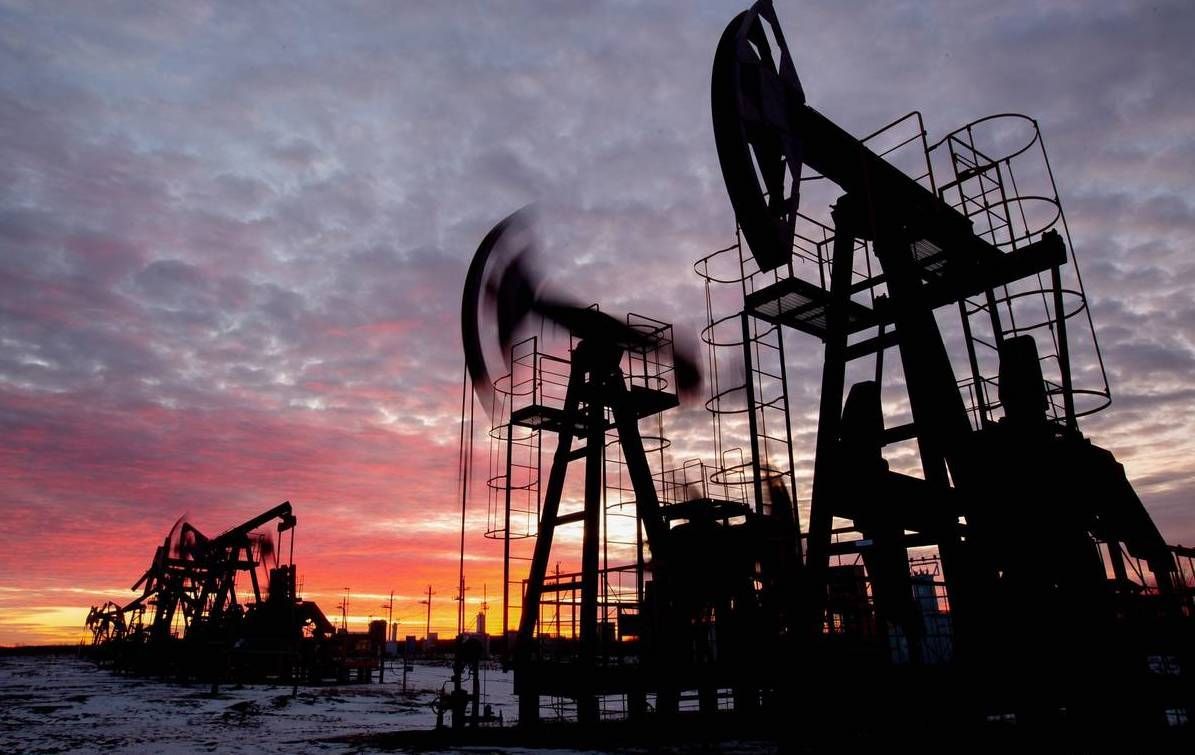
PETALING JAYA: Malakoff Corp Bhd’s RM1.22bil hydropower plants in Kelantan, which have achieved financial close, could potentially help to cushion the impact from the retirement of its older generating capacity in 2019-2027, albeit in a small way.
Kenanga Research said it is positive on the new project although the capacity is small as Malakoff looks for a new earnings base following the expiry of the 436 megawatt (MW) Port Dickson power plant in February 2019 and 640MW GB3 power plant in December 2022.
In addition, the research firm noted that the power purchase agreement (PPA) for the 350MW Prai power plant will expire in 2024, while the PPA for the 1,303MW SEV power plant is due to expire in 2027.
However, Kenanga Research is maintaining its earnings forecast, as the hydropower plant will only start contributing from financial year 2026 (FY26).
It keeps the “outperform” rating on the stock, but has raised its target price to 82 sen, from 80 sen previously.
Last Friday, Malakoff announced that its 70%-indirectly owned unit RP Hydro (Kelantan) Sdn Bhd had achieved financial close for three small hydropower plant projects that have a combined installed capacity of 84MW.
The power plants will be constructed along Sungai Galas in Kuala Krai, Kelantan.
“The RM1.22bil project will adopt an 80:20 debt-to-equity funding structure, with the debt to be raised from an RM975mil Asean Green Sustainable and Responsible Investment Sukuk Wakalah.
“With the financial close, RP Hydro can now commence the construction works while the commercial operation date will be December 2025,” said Kenanga Research in a report yesterday.
Assuming a project internal rate of return of 8%, Kenanga Research said the new plants (based on a 70% equity stake) will add two sen to its sum-of-the-parts valuation, bringing the target price to 82 sen.
“We like Malakoff for its earnings stability underpinned by power plants and concessions.
“We still see value in the company at its current share price, which will also be supported by a decent dividend yield of more than 5%,” added the research firm.








































